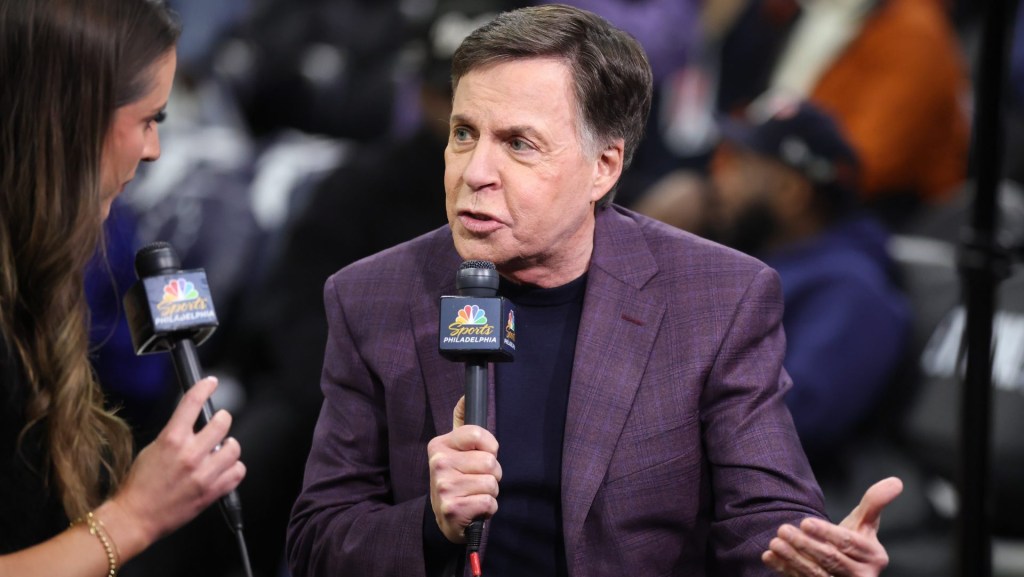A merger between DirecTV and Dish Network, actively discussed at multiple points over the past two-plus decades and formally blocked by federal regulators in 2002, is once more nearing reality. If complete, the union would create the No. 1 pay-TV distributor in the U.S. and render significant impacts across sports media.
The two carriers are now in advanced talks on a deal, according to multiple reports, to create a provider with nearly 20 million subscribers, easily outdistancing the roughly 13 million each held by current market leaders Comcast and Charter. The satellite TV deal would also include Sling TV, Dish Network’s well-known streaming television entity. Dish Network is a subsidiary of the Charlie Ergen-chaired EchoStar Corp., while DirecTV spun off from AT&T in 2021 into a separate entity. In addition to AT&T’s majority holding, DirecTV is partially owned by private equity giant TPG Inc.
EchoStar stock rose nearly 9% on Friday, reaching its highest point in nearly three years, as a result of reports of the merger talks
Different Approaches to Sports
The deal, if it happens, would also bring together two companies that have employed rather different strategies in sports. Though DirecTV lost the residential rights to NFL Sunday Ticket last year, it still holds commercial distribution rights to the out-of-market games, and this summer made a significant push in soccer as the primary sponsor of a series of friendlies in the U.S. involving top European pro clubs.
More recently, sports was a central component of DirecTV’s carriage negotiations with ESPN parent Disney, with the planned creation of sports-specific bundles for subscribers among the outcomes of the eventual deal.
Dish Network, conversely, has taken a much harder line with sports networks. In recent years, the company has dropped all regional sports networks, conducted extended carriage and legal standoffs with several leagues and programmers, and placed channels such as MLB Network, NBA TV, and NHL Network on only its most expensive tiers.
A Changed Market
When the Federal Communications Commission blocked an attempted DirecTV-Dish Network merger 22 years ago, a key part of the rationale then was a concern over the impact to consumers in rural areas, which back then were often not well-served by traditional cable. Since then, internet and pay-TV access through several technologies has mushroomed, and those more remote locales are not as singularly dependent on satellite TV.
Additionally, the entire U.S. pay-TV business has lost nearly half its subscriber base since then, as the number of cord-cutters and cord-nevers grows at accelerating speed.
“It’s hard to imagine that regulators would block a deal,” MoffettNathanson principal analyst Craig Moffett wrote in a note to clients. “Better to have one [satellite TV operator] than none.”
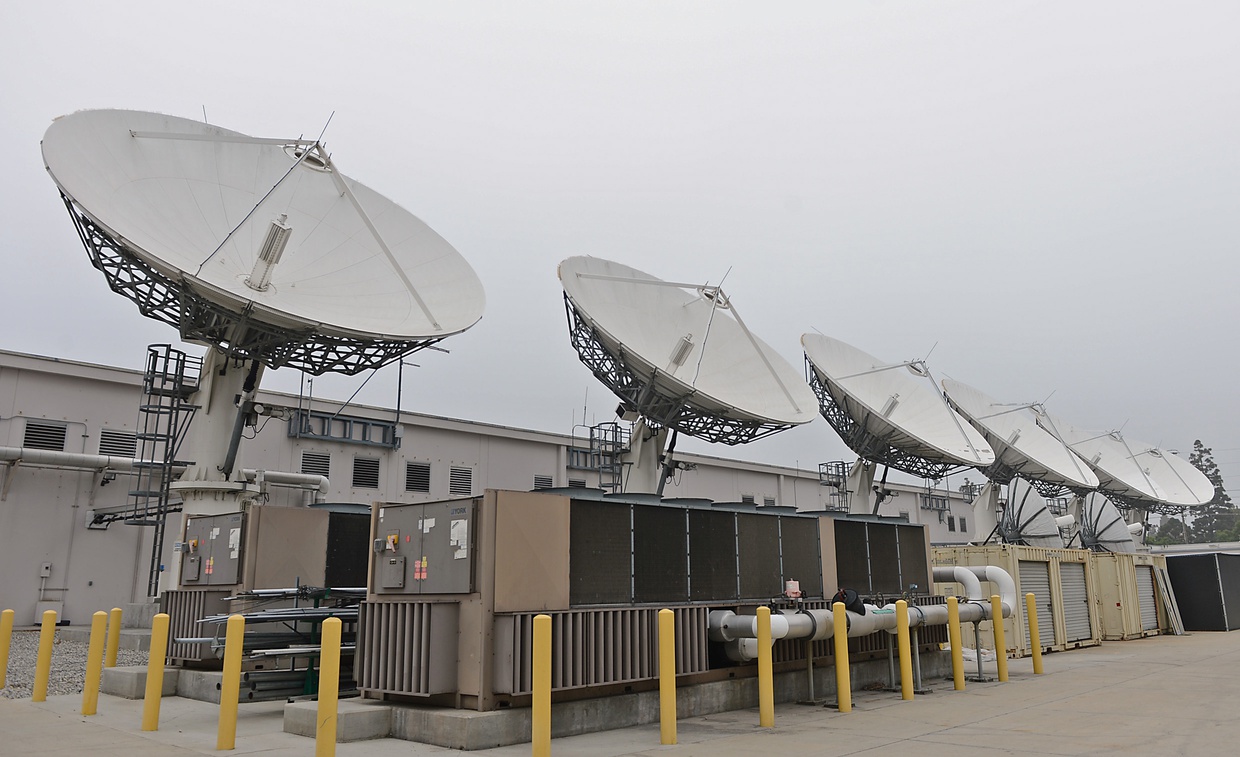
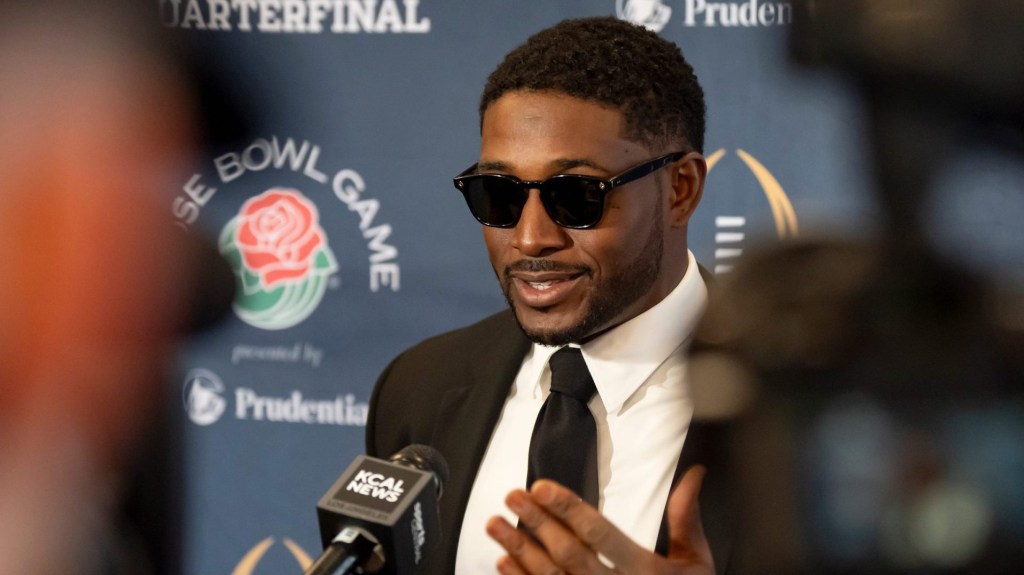
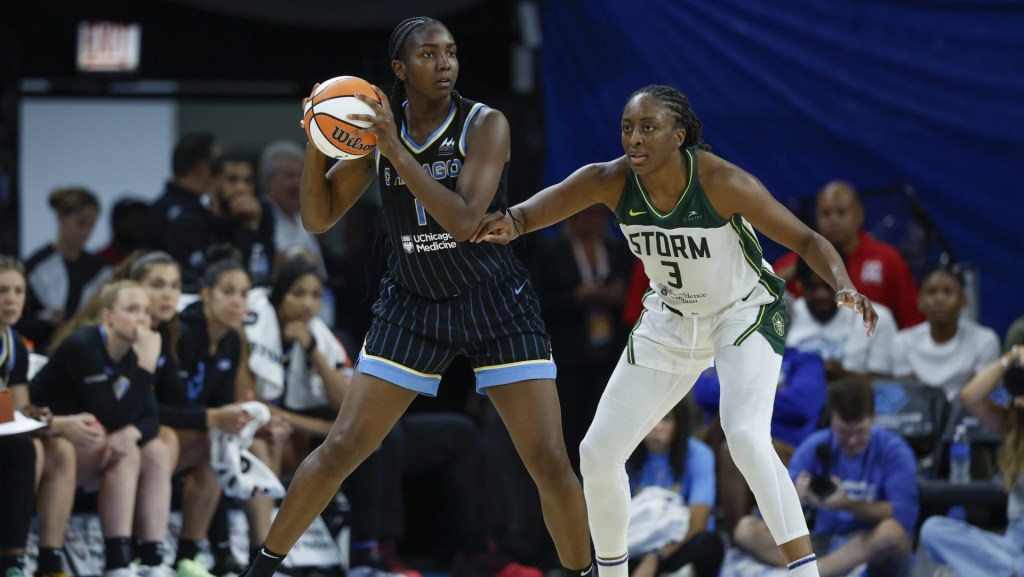
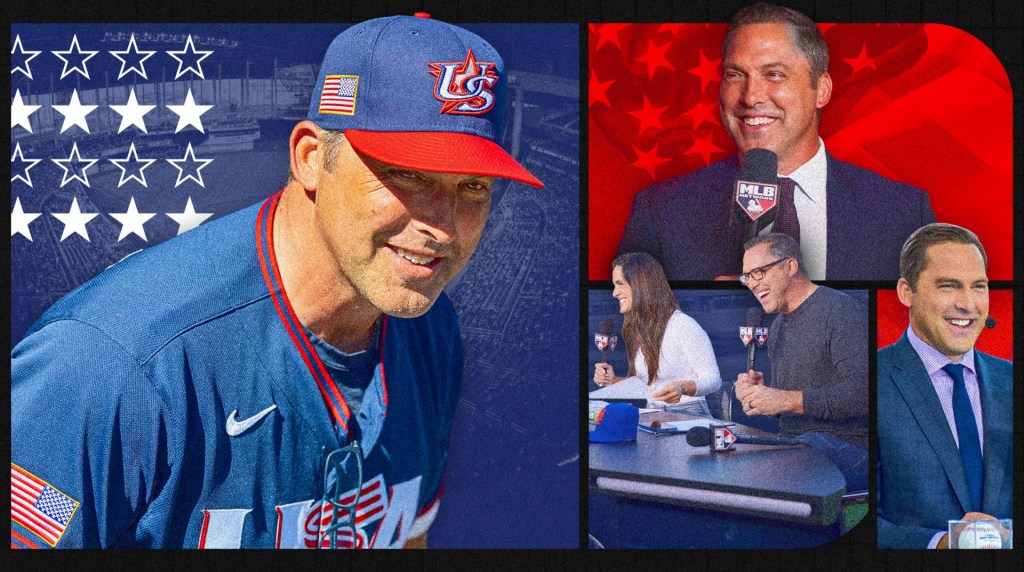



![[Subscription Customers Only] Jun 15, 2025; Seattle, Washington, USA; Botafogo owner John Textor inside the stadium before the match during a group stage match of the 2025 FIFA Club World Cup at Lumen Field.](https://frontofficesports.com/wp-content/uploads/2026/02/USATSI_26465842_168416386_lowres-scaled.jpg?quality=100&w=1024)
![[Subscription Customers Only] Jul 13, 2025; East Rutherford, New Jersey, USA; Chelsea FC midfielder Cole Palmer (10) celebrates winning the final of the 2025 FIFA Club World Cup at MetLife Stadium](https://frontofficesports.com/wp-content/uploads/2026/02/USATSI_26636703-scaled-e1770932227605.jpg?quality=100&w=1024)
